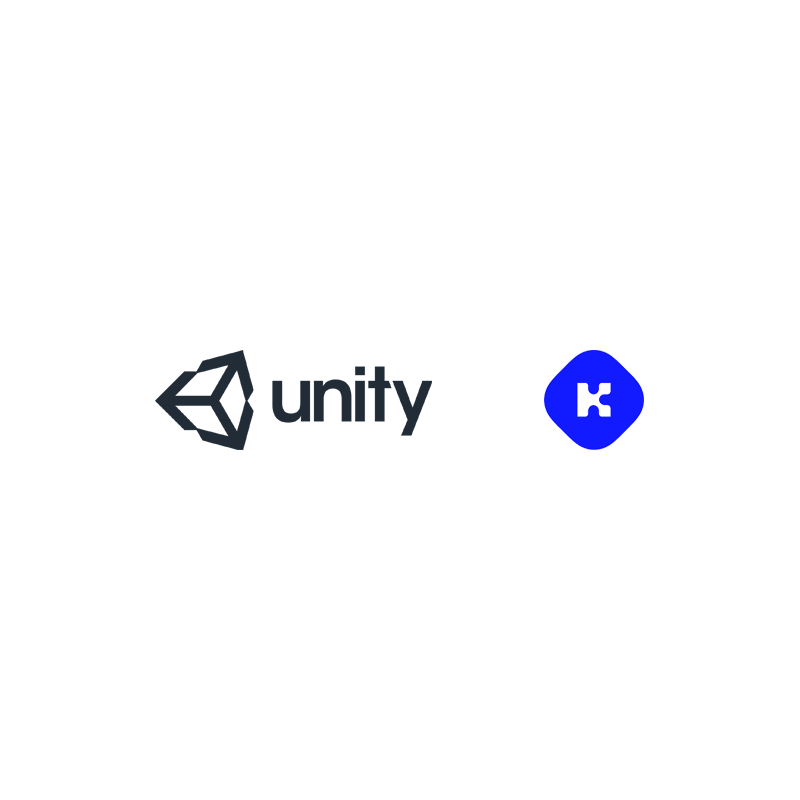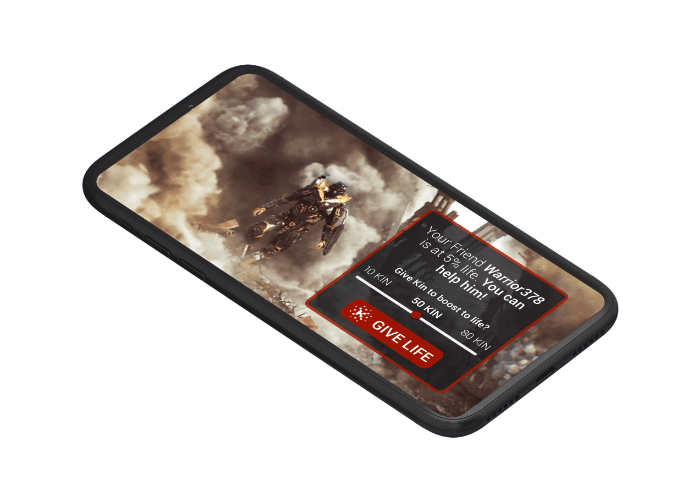
Monetizing is one major goal for any companies of any size. This time, developers of mobile games are getting another way to do that.
Both Unity, the game development platform, and KIN Foundation have shared one common goal, and the two have partnered to create an SDK to help mobile game developers in creating, promoting and monetizing their products.
Using the 'KIN SDK for Unity' that is available in the Unity Asset Store, Unity developers can easily integrate KIN into their mobile games.
By accessing the KIN Blockchain, developers can cut the backend complexity. And using the SDK, they can monetize their products using KIN cryptocurrency.
The SDK in question gives developers the flexibility when creating their user interface and custom KIN gaming experiences that reward social interaction.
For its part, KIN is enabling peer-to-peer transactions in games focused on creating social communities and high interactions between users.
What developers then need to do, is spark user interest by incentivizing players.
The SDK that is developed with Prime31, a Unity Asset Store publisher, allows developers to do the following:
- Open new KIN accounts.
- Create KIN wallets.
- Provide ways to earn and spend KIN in games.
For players, it enables:
- Earning and spending KIN in games.
- Enabling user-to-user interactions (such as sending KIN to other players; player participation challenges, etc.).
- Keeping track of their KIN balances.
That's not all, as players also have other abilities, like selling extra in-game lives to other players in exchange for KIN tokens.

The SDK takes the advantage of a research that shows 58 percent of developers have "below average" expertise with blockchain, but nearly half of them consider cryptocurrency and blockchain technology as an area of interest or a potential strategy or solution for their business.
When developers access the KIN Blockchain and its exchanges, the service also offers developers liquidity, allowing them to use KIN to refuel their in-app KIN economies, or support the continued viability of their business model.
"Yes, everything is happening on-chain. This includes earning, spending, and peer-to-peer (sending and receiving) transactions," said a KIN spokesperson.
KIN that is tied to the Kik messenger service, operates on the KIN Blockchain, claims to process more than 100 transactions every second, solving many of the latency issues that cryptocurrencies on other blockchains have.
This is done using a system similar to the Delegated Proof-of-Stake (DPoS) model utilized by the EOS network.
In this framework, “traditional” cryptocurrency miners are replaced by a selected group of “block producers,” elected by other blockchain participants to validate transactions.
While this style of consensus has been criticized for its centralizing nature, DPoS blockchains have the tendencies to process transactions a little faster than Proof-of-Work blockchains like Bitcoin or Ethereum.